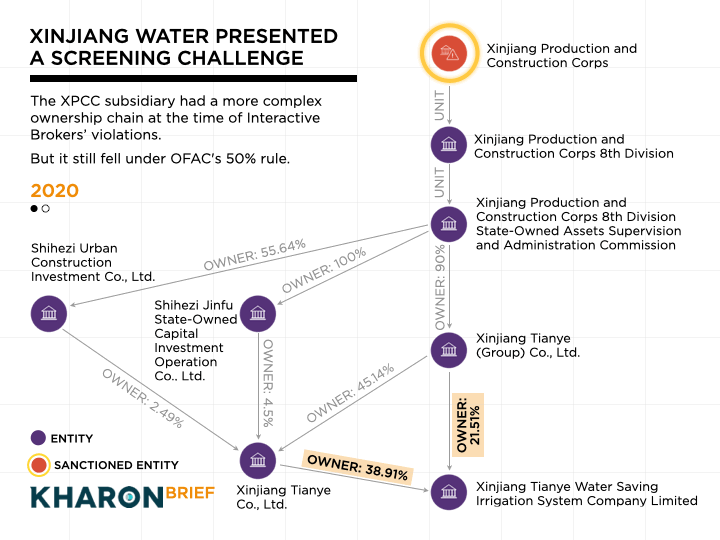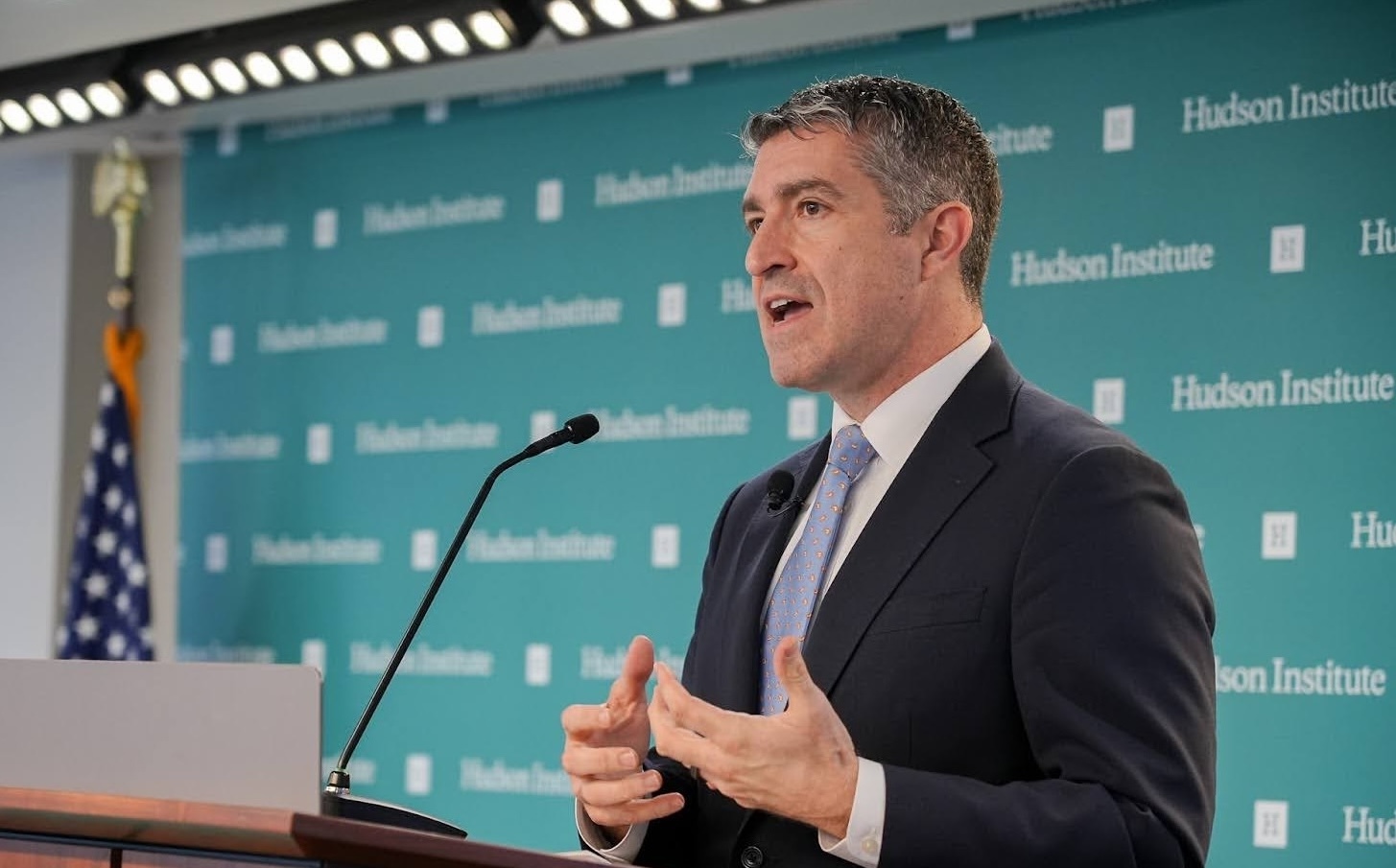The U.S. Treasury Department announced an $11.8 million settlement last week with Interactive Brokers LLC, the country’s largest online trading platform, for apparent violations of sanctions programs through its brokerage and investment services.
Some of IB’s violations were related to customer screening, while others centered on failings in securities screening or compliance with sectoral sanctions restricting securities trading. The securities aspect makes the IB settlement a first of its kind—and underscores the Office of Foreign Assets Control’s (OFAC) intent to enforce sanctions compliance in securities trading.
The settlement amount, OFAC said, reflects IB’s substantial cooperation throughout the multi-year investigation. The applicable penalty could have been up to $60.1 million, half the transaction value.
Here’s what brokers should know about the case and assessing their own sanctions exposure in securities trading.
The details: Interactive Brokers’ apparent violations occurred between July 2016 and January 2024, Treasury said. Out of the seven categories of violations that OFAC identified in its enforcement release, three have particular bearing on sanctioned securities:
Some of IB’s violations were related to customer screening, while others centered on failings in securities screening or compliance with sectoral sanctions restricting securities trading. The securities aspect makes the IB settlement a first of its kind—and underscores the Office of Foreign Assets Control’s (OFAC) intent to enforce sanctions compliance in securities trading.
The settlement amount, OFAC said, reflects IB’s substantial cooperation throughout the multi-year investigation. The applicable penalty could have been up to $60.1 million, half the transaction value.
Here’s what brokers should know about the case and assessing their own sanctions exposure in securities trading.
The details: Interactive Brokers’ apparent violations occurred between July 2016 and January 2024, Treasury said. Out of the seven categories of violations that OFAC identified in its enforcement release, three have particular bearing on sanctioned securities:
- One category of apparent violations was in regards to the processing of trades on behalf of U.S. persons in securities subject to OFAC’s Chinese Military-Industrial Complex (CMIC) program. The program prohibits the purchase or sale of publicly traded securities (or derivatives thereof) of companies on the CMIC List. The settlement specifically highlighted that the failure was due to a part of the business not incorporating sanctions-related securities screening.
- A second category of violations arose from IB’s processing of trades of securities issued by the blocked Chinese company Xinjiang Tianye Water Saving Irrigation System Company Ltd. The violation occurred because of IB’s delay in obtaining ownership information, OFAC said. Xinjiang Water was ultimately owned 50 percent or more by Xinjiang Production and Construction Corps (XPCC), a Chinese paramilitary organization that the U.S. sanctioned in 2020 for human rights abuses against ethnic minorities in Xinjiang. This made Xinjiang Water a blocked subsidiary under OFAC’s 50 percent rule.

The sheer size of sanctioned XPCC can make it difficult to maintain updated ownership and securities information for all subsidiaries it owns 50% or more.
- And a third category of securities-related violations derived from a “limited technical deficiency,” OFAC said, which led IB to approve margin loans to two persons subject to the Russia investment ban under Executive Order 14071.
The bottom line: OFAC named Interactive Brokers’ scale (servicing “millions of clients worldwide”) and oversights as aggravating factors in its investigation. But IB also demonstrated clear steps that it had taken to enhance its sanctions-screening processes and controls, including adopting proprietary tools and a risk-based approach. All of that mitigated the penalty, OFAC said.
And it could help brokers avoid future ones.
“Broker-dealers utilizing real-time, automated systems to manage large volumes of transactional activity should consider appropriate investments to ensure the modernization of their sanctions compliance programs,” OFAC said in the enforcement release.
A deeper dive: Kharon is hosting Colin Romer, Senior Manager of Global Sanctions at Charles Schwab, for a 30-minute webinar July 29 on how institutions can mitigate sanctioned securities risk. Register for free here.
Read more from the Kharon Brief:







